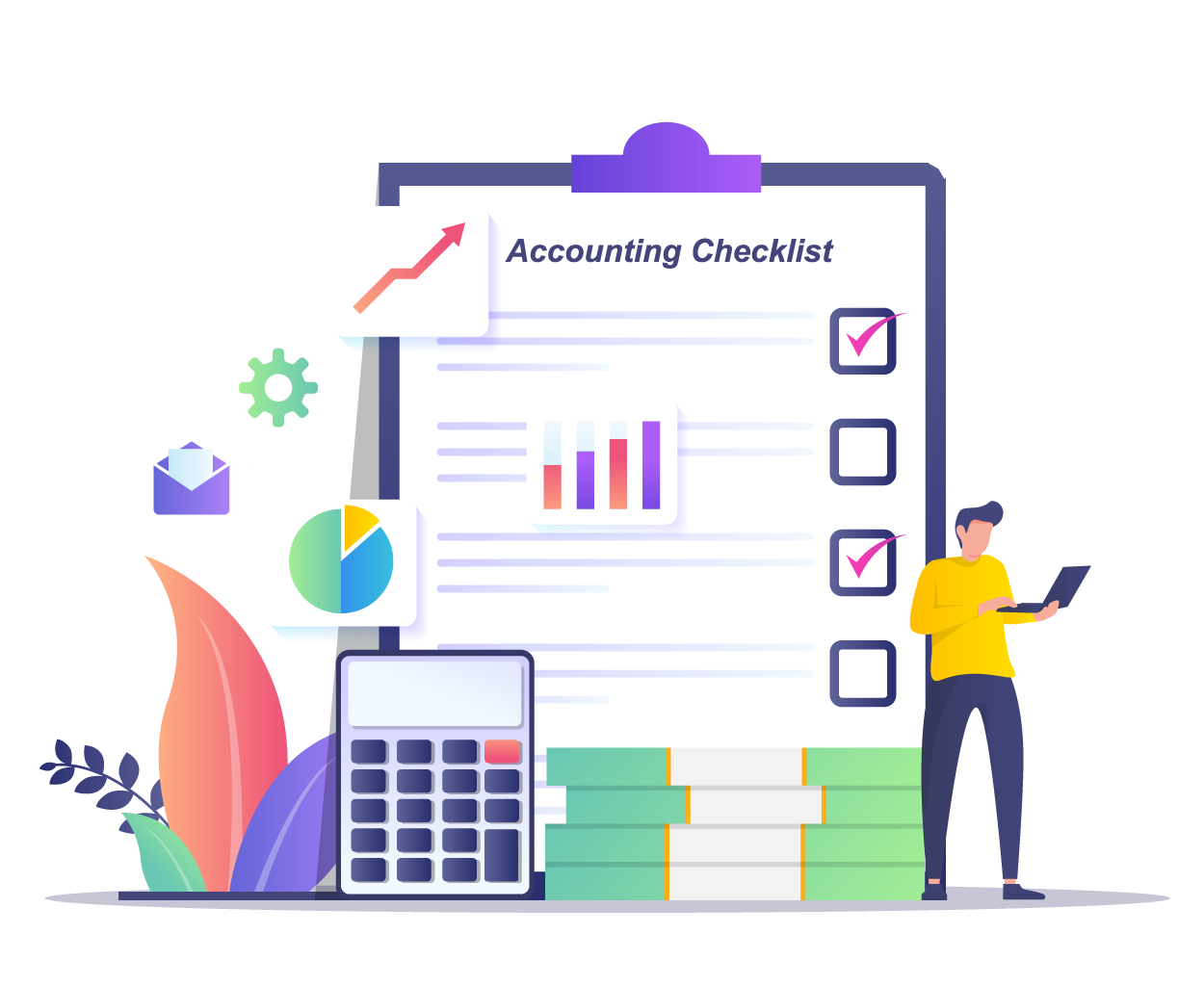When you run a law firm, you are responsible for far more than just winning cases or representing your clients—you also need to manage your law firm’s day-to-day operations.
Legal practice management is a complex but necessary part of your business. Unfortunately, law firms often struggle with it. While you may know your area of the law like the back of your hand, perhaps you’re less enthused about the administrative aspects of managing your practice.
If you struggle to keep up with client communication or fall behind with billing, keep reading for a refresher on the basics of legal practice management and the tools you need to save time and money.
What is legal practice management?
It’s as straightforward as it sounds. Legal practice management is the management of a law practice, whether you’re a solo attorney or part of a large firm.
Legal practice management activities can be divided into two categories: front office and back office.
Front office
Front office activities include the most visible aspects of the work at your legal practice. These are typically the tasks that directly involve or impact your clients. Examples include scheduling and attending appointments and meetings, maintaining client relationships, and completing your day-to-day legal tasks, such as performing due diligence, drafting contracts, preparing for trial, and other billable hour tasks.
Back office
Back office activities are typically seen as operational tasks which don’t directly involve your clients, but do impact your firm as a business. Some examples of back office activities include billing and payments, trust accounting, and law firm marketing.
Together, these two categories comprise the operations critical to legal practice management. Yet keeping them all on track can be challenging for busy legal professionals—and that’s where legal practice management software comes in.
Leveraging technology to boost efficiency
While most law firms use a variety of software, tools, and strategies to manage their firms, many lack a cohesive approach that can support their entire legal practice. But with the features of an all-in-one legal practice software solution, your practice can improve efficiency for everyone on your team, from managing partners to legal assistants.
Here are some of the essential features you can make use of within legal practice management software.
It’s important to regularly review and have a deep understanding of your financial health to ensure that errors will be caught and performance can be analyzed. Always knowing the status of your business allows for adequate planning and, if necessary, a change of course before it is too late!
Time tracking and billing
Time is money for law firms—and to be both productive and profitable, your law firm needs to have clear processes in place for tracking time and invoicing clients.
As part of your legal practice management software, you need to be able to deploy time tracking tools to ensure that all your billable (and non-billable) hours are logged. But just as importantly, time tracking shouldn’t be a burden to timekeepers.
Look for a software that allows attorneys to:
- Track time on the go with mobile-friendly features
- Automate timekeeping with a one-click timer
- Scan client matters for unbilled time
- Contextualize time records for compliant (and client-friendly) billing
Your time-keeping features should also support invoicing practices, allowing you to transform time tracked into invoices that can be sent to clients with just a few clicks.
Calendaring
Scheduling meetings and events for yourself, your staff, and your clients can take up valuable billable time.
Even if you have someone managing your calendar on your behalf, such as a paralegal or virtual legal assistant, your calendaring tools should provide:
- Real-time access to stay up-to-date on appointments and cancellations on the go
- Shared calendars to check for conflicts or improve collaboration efforts
- Matter-centric events that connect events and matters within your practice management software
- Meeting reminders to avoid missed appointments
- Public calendar links to check availability and schedule meetings more efficiently
- Syncing/integrations to keep calendars linked to legal practice management software
Task management
When you don’t have task management tools, legal professionals can quickly lose track of projects, struggle to meet deadlines, and face barriers to collaboration.
But with the right legal practice management software, you can:
- Track all tasks in one unified system
- Create standardized checklists
- Assign due dates with tasks
- Choose primary assignee
- Monitor real-time progress
- Use multi-way commenting for easy collaboration
Document management
As a law firm, you work with a lot of documents—and many of them contain sensitive client information. As a result, it’s critical to keep your documents organized and secure.
With legal practice management software, you can:
- Automate assembly tools for faster drafting
- Use cloud access and off-site backup
- Maintain matter-centric organization for a paper trail
- Share files securely (with no size limitations)
- Accept eSignatures to move matters along quickly
Communication
Lawyers must communicate with other attorneys, clients, staff, and court officials, so communication can get messy.
Whether you use email, chat, or video for your internal and external communication, you should implement the following tools with legal practice management software:
- Matter-centric logs. Attach all communication to the appropriate matter for better visibility and conflict resolution.
- Integrations with preferred email tools. You don’t have to give up your favorite email system when software offers browser extensions and integrations with tools like Outlook and Gmail.
- Commenting capabilities. With remote work becoming more popular, you can modernize internal communication using comments rather than asking questions in person.
- Virtual meetings. Simplify meetings by avoiding travel, and upgrade phone calls to give you more body language clues and interaction opportunities.
Learn how CosmoLex can serve as an all-in-one solution for legal practice management
The best way to manage your legal practice? Legal practice management software, with tools such as mobile access, matter-centric records, improved collaborations, and automated workflows.
CosmoLex can help in all of those areas. If you would like to see for yourself how this all-in-one solution can help with your front-end tasks, sign up for a free trial today.
It’s important to regularly review and have a deep understanding of your financial health to ensure that errors will be caught and performance can be analyzed. Always knowing the status of your business allows for adequate planning and, if necessary, a change of course before it is too late!


